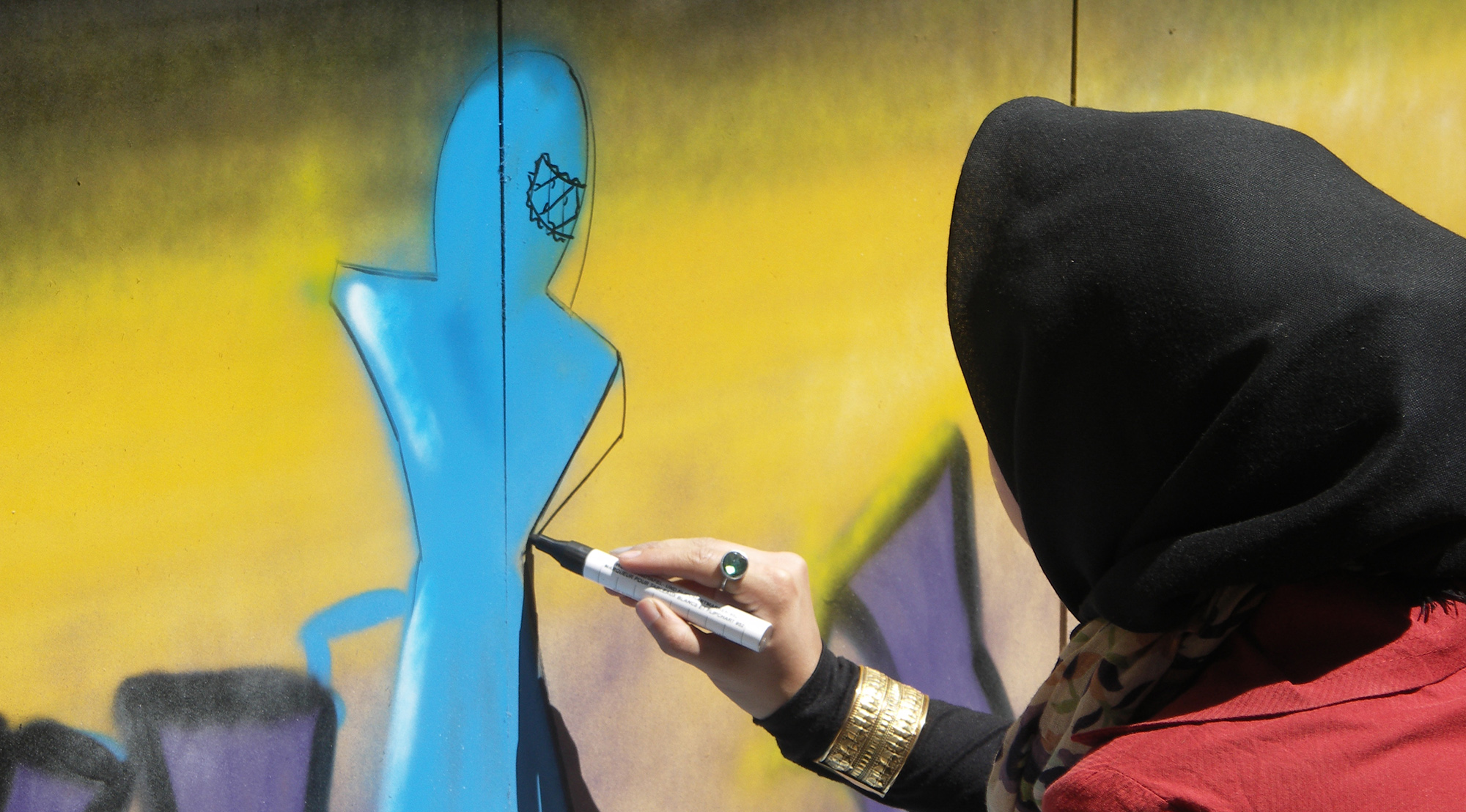The discussion surrounding care work shows how politically backed market mechanisms see certain work as worthy of support and profitable, while other work is devalued as a burden, a hindrance to market-based growth strategies, hidden, and driven into exoticism – and it is precisely this care work that is key to survival for populations, especially in conflict situations. This is hardly ever spoken about – at least not when a systematic explanation of the cause would be necessary. The precariousness of day-to-day life is thus hardly ever discussed in decisive peace negotiations.
There are countless stories of strong women at grassroots, survival initiatives in bombed districts, and children who still want to learn to read and write in the most appalling conditions. Pictures of heroes and films of individual moving strokes of fate are beamed around the world, beautiful pictures with an aesthetic touch. However, the narrated reality apparently has little guiding significance for economically driven decisions in times of militarized conflicts. On the contrary, the stories facilitate the externalization of the “little things” from the system of results-oriented decision makers. Their efforts focus on care work, yet this part is and will continue to be invisible.
The invisibility of day-to-day work, which is even more extensive than usual in areas of conflict, is based on ideologically substantiated economic interests in progress and growth. The consequences are serious on many levels as the logic behind it allows for work to be deemed bothersome and superfluous and then excluded from the functioning system. An example of this is the cost shifting from social security to the households of the most vulnerable. People in areas of conflict are left to their own devices and fleeing only leads to their isolation. The gates to the world of winners are closing, all while the munition industry and trade in military equipment are flourishing to an almost unprecedented extent. New technologies that promise a good life for all are unattainable and economists are faithfully singing the praises of growth and responsibility, still in “trickle-down” mode. There is a danger that human and women’s rights being stripped of meaning is becoming irrelevant, as anyone declared superfluous also loses their rights, such as the right to a dignified life.
Stories from the day-to-day lives of women in crisis regions are examples of this devaluation. Care work, along with those who undertake it, including their labor and achievements, loses value. They stay invisible without a voice. After all, once you are excluded from the “profitable” category, all expenses for your work make a loss. From a neoliberal perspective, these do not contribute to progress, but rather slow down the growth markets. In crisis regions, the disparity between the exclusion of those with the least resources and the speed of technological development is particularly apparent. Profit maximization therefore justifies even the most severe poverty.
This supposed contraction is systematic as the neoliberal societal architecture is made up of only what brings profit – the rest is waste which is disposed of as far away and as cheaply as possible, as are all the people whose existence is deemed superfluous. This increasingly affects people from conflict areas. Intelligent and thoroughly political peace work is needed to put a stop to this dynamic. Misery and hunger among those affected by conflicts are not unique to individuals, but are rather expressions of structural violence that is legitimatized not least by neoliberalism. It is only when the organization of everyday life and the communities’ care and survival strategies are shifted to the center that efforts to promote peace can dampen this development.


